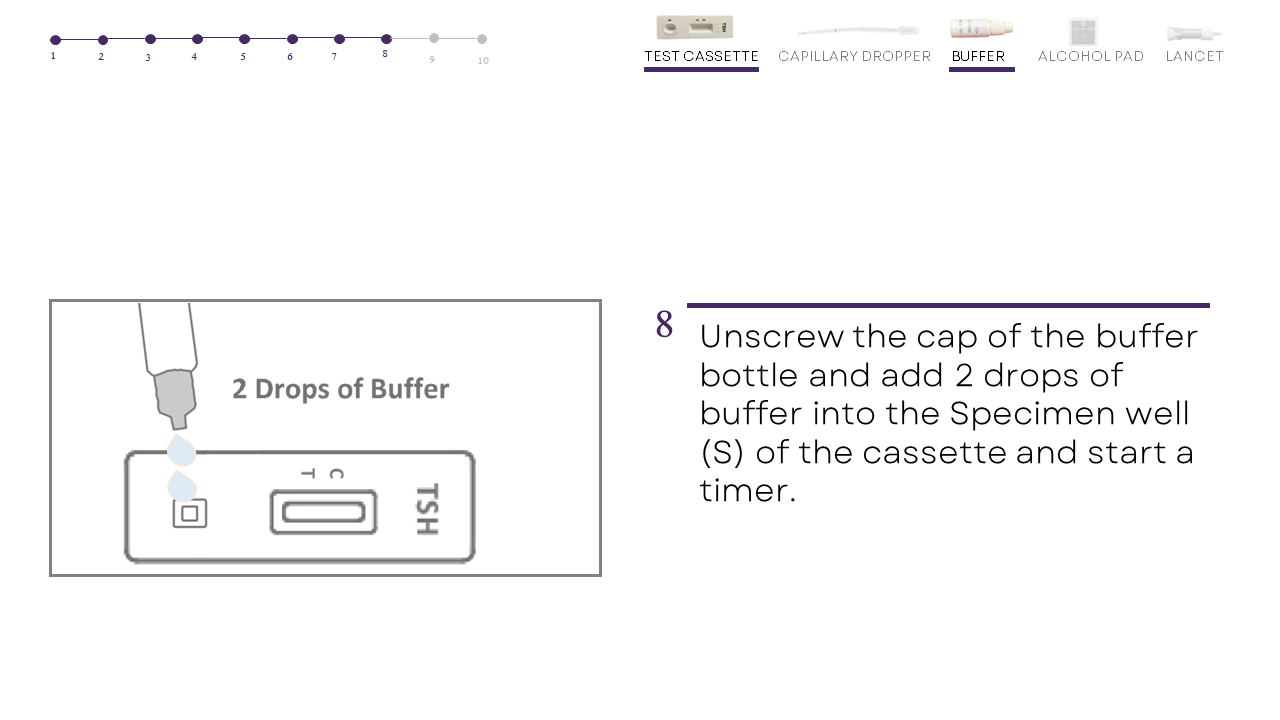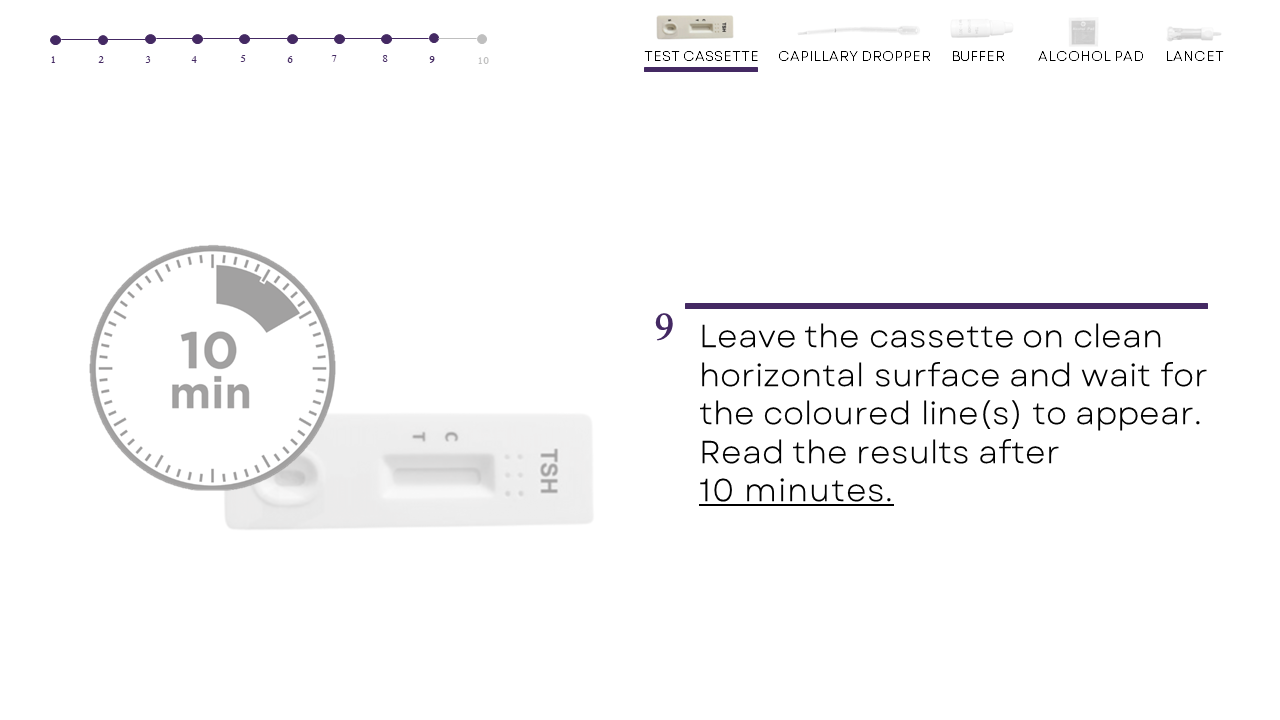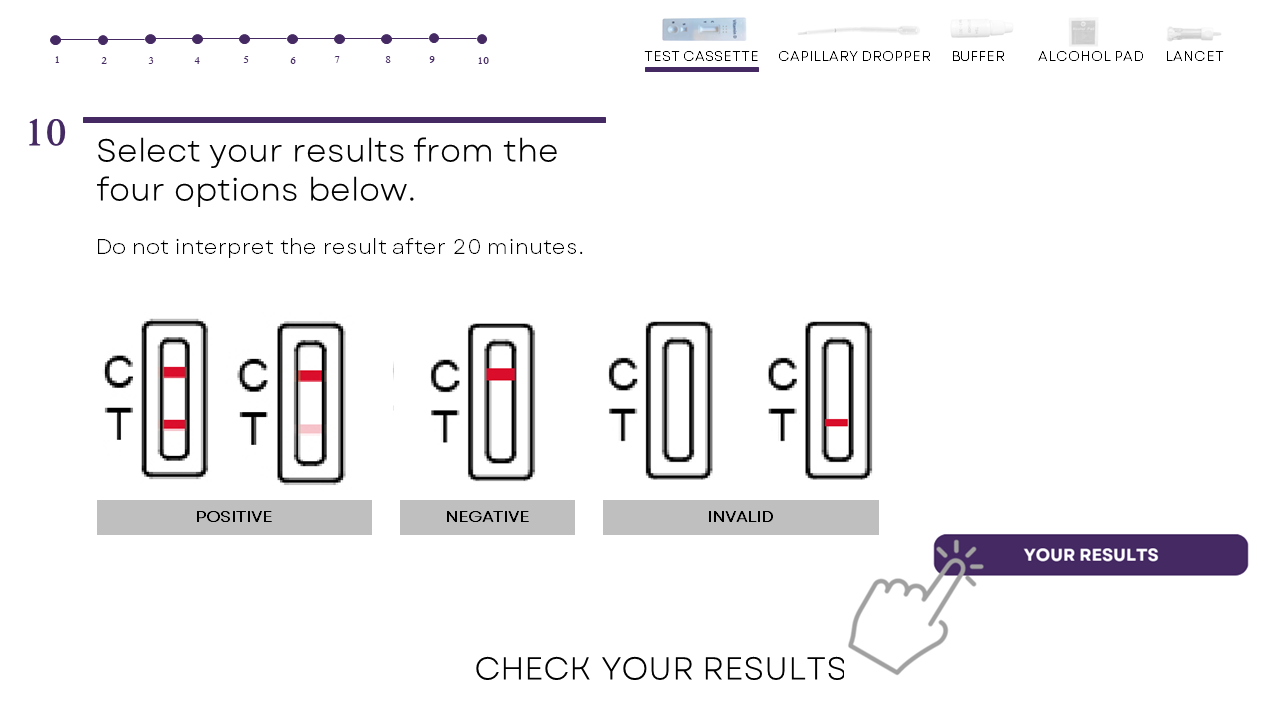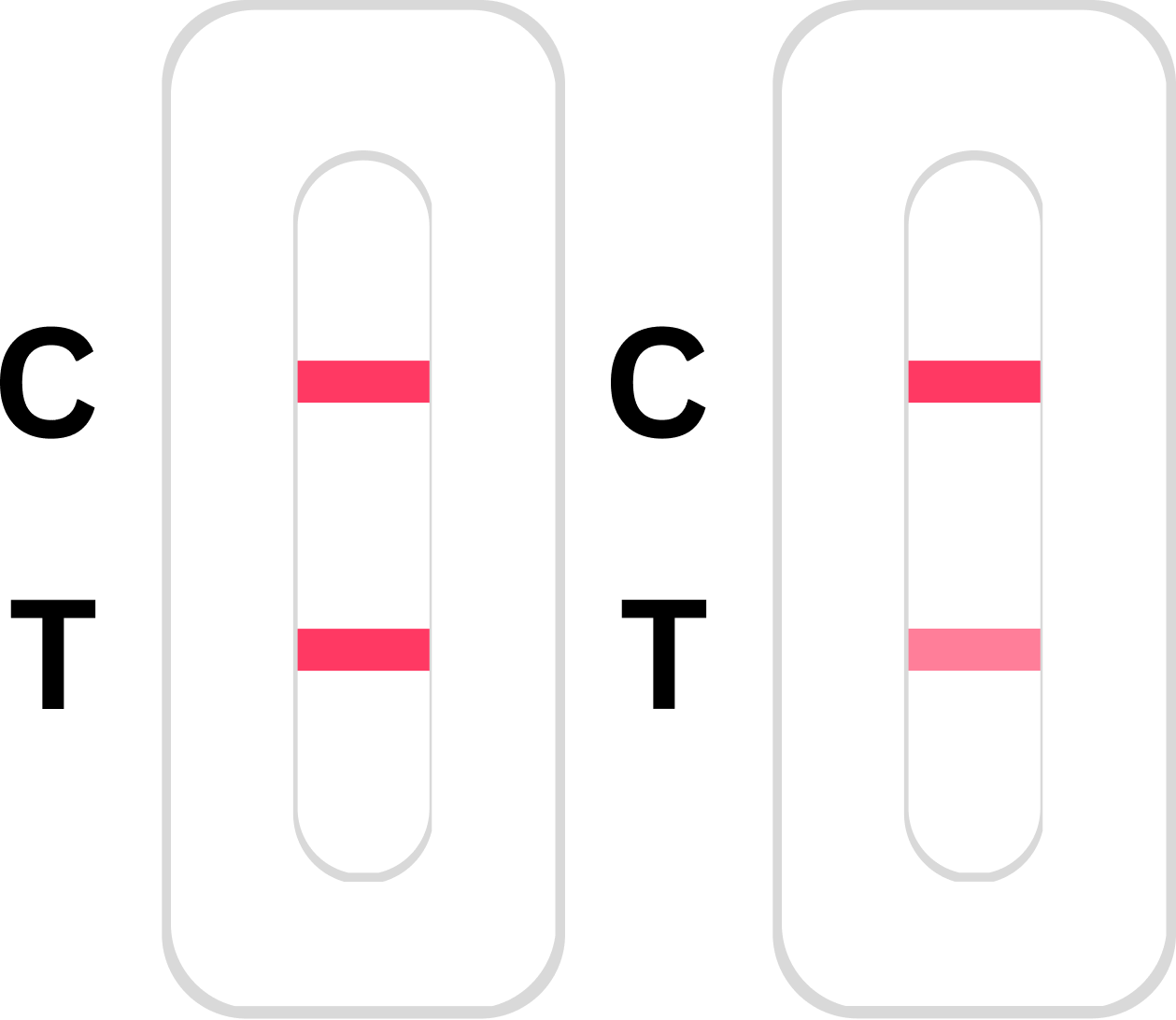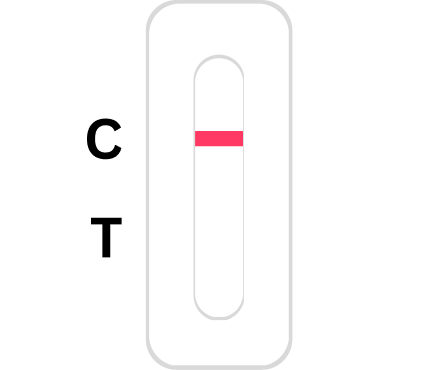Test Overview
Symptoms
The symptoms of an underactive thyroid are often vague and usually
develop quite slowly such that you may not notice them. When the body
doesn’t have enough thyroid hormone many of the body’s functions slow down.
You should think about underactive thyroid with the following
symptoms:
- Tiredness
- Weight gain
- Low mood
- Being sensitive to the cold
- Dry skin and dry hair
- Muscle aches, weakness and cramps
- Constipation
- Loss of libido (sex drive)
- Irregular period or heavy periods
- Carpal tunnel syndrome
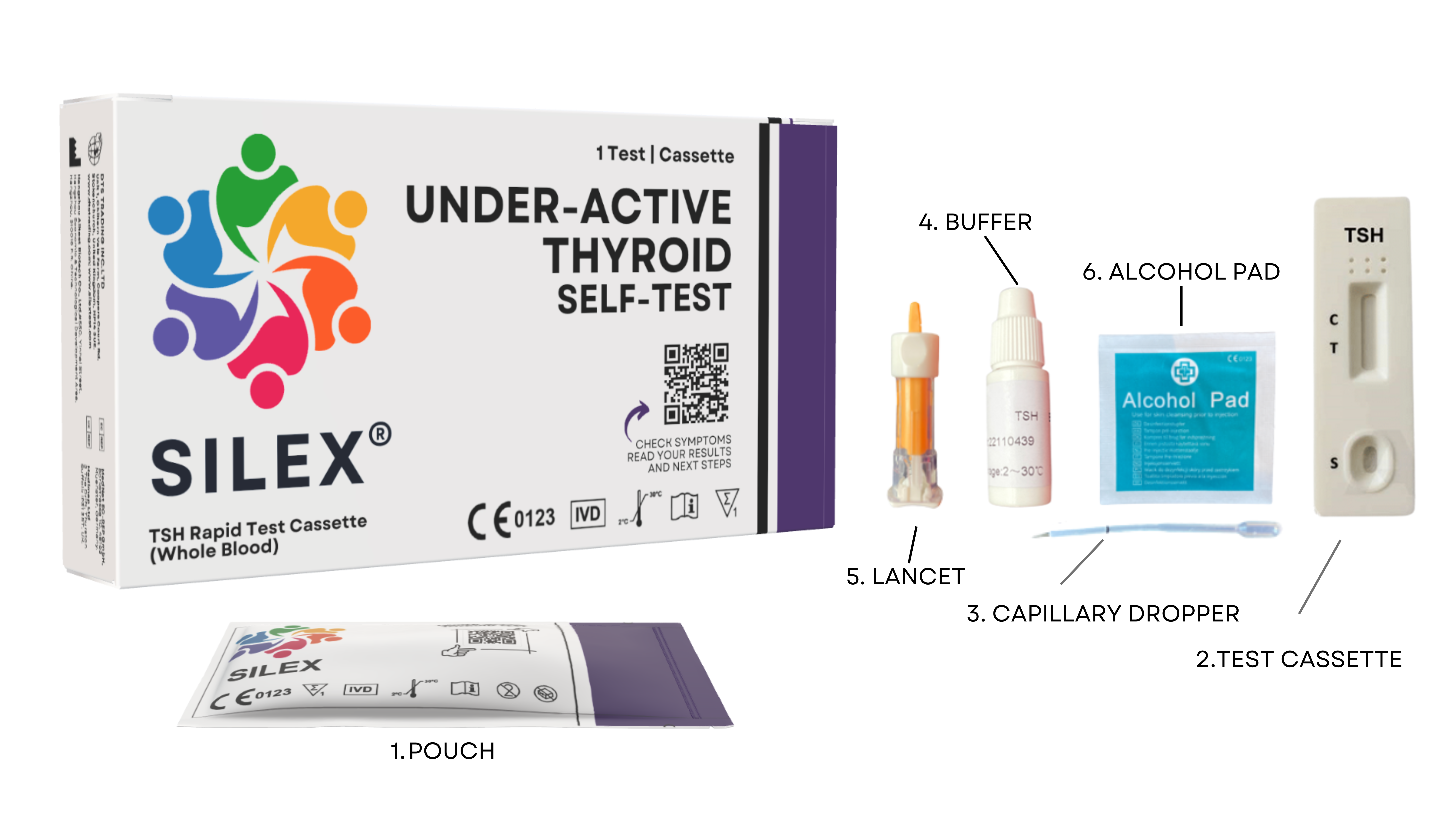

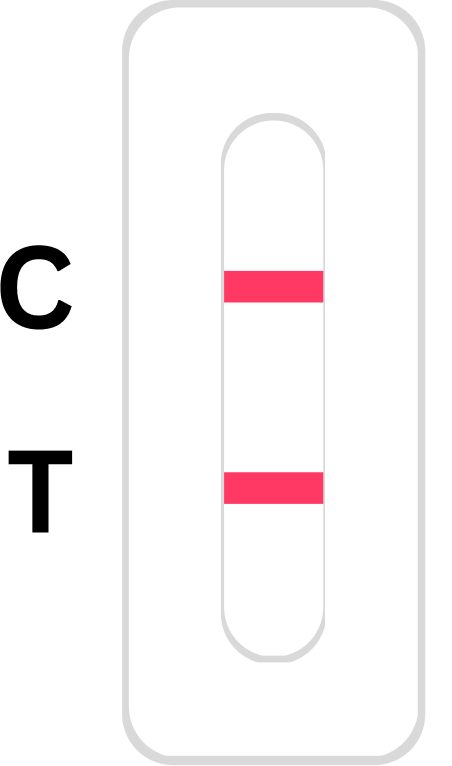
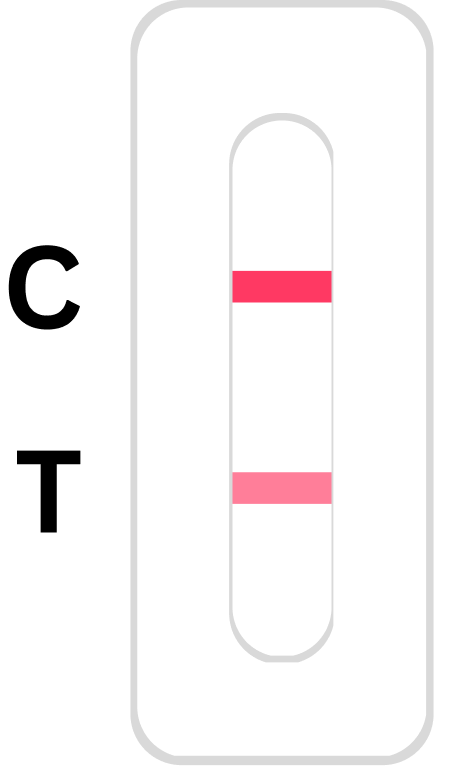
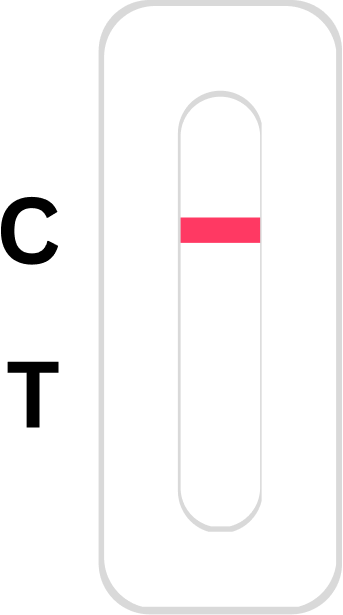
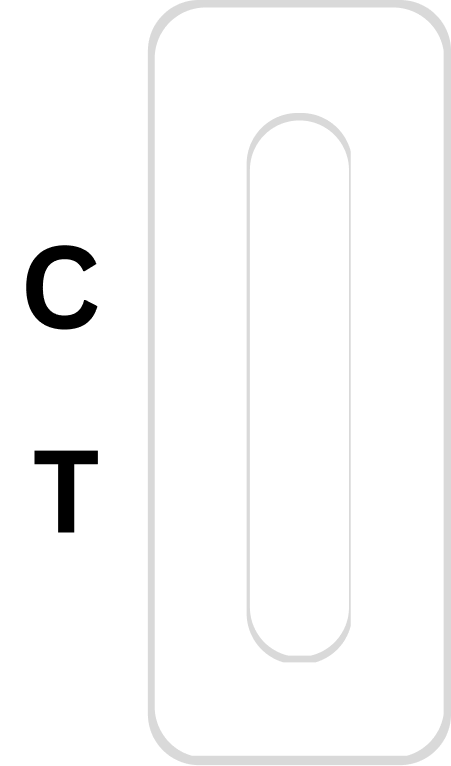
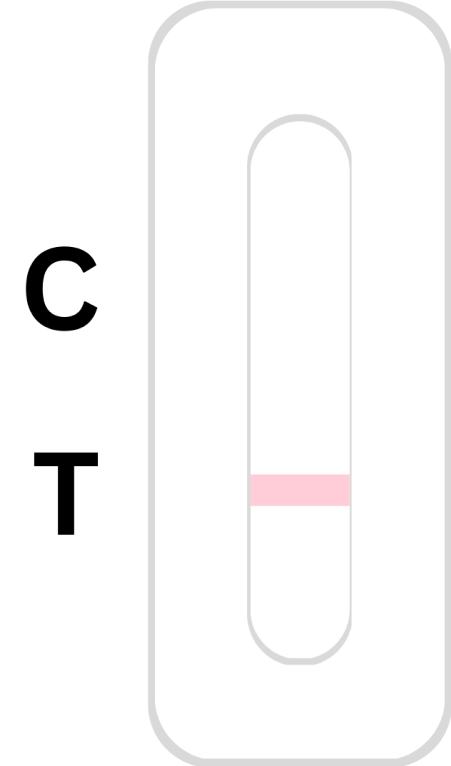
FAQs
An underactive thyroid is when your thyroid gland doesn’t produce enough thyroid hormone (thyroxine). This condition is also known as underactive thyroid or hypothyroidism.
In the UK, the prevalence of spontaneous underactive is 2%, and it is ten times more common in women than in men (1-2). The most common age group affected is 40-50 years (1-2).
The symptoms of an underactive thyroid are often vague and usually develop quite slowly such that you may not notice them. When the body doesn’t have enough thyroid hormone many of the body’s functions slow down.
You should think about underactive thyroid with the following symptoms (most common in bold):
- Tiredness
- Weight gain
- Low mood
- Being sensitive to the cold
- Dry skin and dry hair
- Muscle aches, weakness and cramps
- Constipation
- Loss of libido (low sex drive)
- Irregular period or heavy periods
- Carpal tunnel syndrome
If an underactive thyroid isn’t treated it can lead to complications including:
- Heart disease: this is because low levels of thyroxine can lead to increased levels of cholesterol in your blood which can deposit in your arteries restricting the blood flow to the heart.
- Goitre: this is an abnormal swelling of the thyroid gland that causes a lump to form at the front of your neck. This is the thyroid gland enlarging to produce more of the missing hormone.
- Pregnancy issues: if you don’t have enough thyroxine during pregnancy there may be pregnancy related complications, including pre-eclampsia, anaemia (low red blood cells), underactive thyroid in the newborn, birth defects, problems with the baby’s development and stillbirth/miscarriage
- Myxoedema coma: this is a rare life-threatening condition that occurs when there are severely low levels of thyroxine. Symptoms of this condition include confusion, hypothermia (low body temperature) and drowsiness.
An underactive thyroid can be successfully treated by taking daily hormone tablets to replace the hormones your thyroid gland isn’t making. The tablet is called levothyroxine. You will usually need the treatment for the rest of your life. With adequate treatment, you should lead a normal and healthy life.
You will initially have regular blood tests until the correct dose of levothyroxine is reached. Once you’re taking the correct dose, you’ll usually have a blood test once a year to monitor your hormone levels.
This medication doesn’t usually have any side effects as the tablet is simply replacing the hormone your body is missing.
Side effects usually only occur if you’re taking too much levothyroxine. If this happens symptoms may include sweating, headaches, diarrhoea and vomiting.
There is no way of preventing an underactive thyroid.
- Autoimmune thyroiditis: An underactive thyroid often occurs when the i mmune system attacks the thyroid gland. This damages the thyroid gland which means it doesn't make enough hormone (thyroxine).
- Caused by previous treatment to the thyroid gland: Underactive thyroid can also occur as a side effect or complication of previous treatment to the thyroid gland including surgery or radioactive iodine therapy.
- Lack of iodine: Not common in the UK but common Worldwide is lack of dietary iodine. This is because the body needs iodine to make the hormone thyroxine
Other causes of an underactive thyroid include viral infections and some medications.
Our at-home thyroid test helps you to test for underactive thyroid through a simple finger prick collection. If you’re found to have an underactive thyroid a conventional blood test may be required so that you can be started on the correct treatment.










